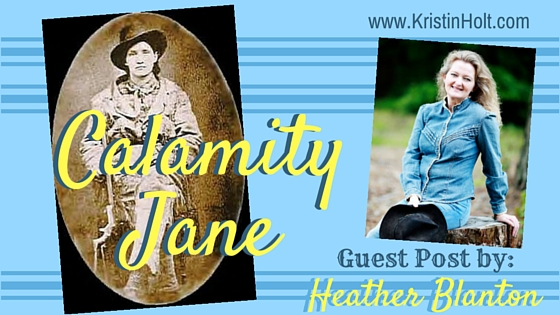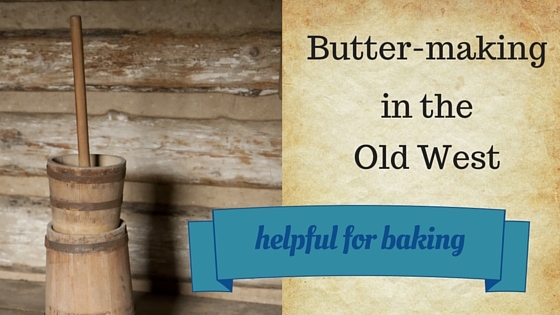
by Kristin Holt | Jan 13, 2017 | Articles
Quilt-making was an important part of “women’s work” in the 19th century (as well as before and after). My ancestors’ journals tell of a ransom demanded for the return of their little boy, kidnapped by the Black Hawk Indians in central Utah–including five quilts. The family got by with husk-filled bedding until Mother could gather enough wool from the barbed-wire fences to make batting for another quilt. She wasn’t alone in this frugal (and apparently necessary) practice.
TODAY is Release Day! PLEASANCE’S FIRST LOVE is here! It’s #6 in the acclaimed Grandma’s Wedding Quilts Series.

by Kristin Holt | Sep 14, 2016 | Articles
“Mason Jars” (glass bottles for home food preservation) were invented and patented in the United Sates in the Victorian Era. Industrious homemakers grew large gardens, tended fruit trees, and bottled everything from jams and jellies to grape juice, apple sauce to soups, tomatoes to green beans. How did women accomplish this work?

by Kristin Holt | Jul 8, 2016 | Articles
Guest Post by Heather Blanton, author of Bestselling Romance in the Rockies Series:
Martha Jane Cannary. Name doesn’t ring a bell?
Then you might know her by her legendary moniker “Calamity” Jane.
Ever wonder how she got the name?

by Kristin Holt | Jan 1, 2016 | Articles
This menu was posted in 1892 in a Pittsburgh, PA newspaper, but not the instructions– which those of us who are amused by history and cooking and the way things once were may well find fascinating. So this article is all about that menu… and how the home cook may have accomplished such a daunting task to celebrate the FIRST big holiday of the year.

by Kristin Holt | Oct 26, 2015 | Articles
Old West homemakers churned their own butter as part of a time-intensive process. Churning butter depends upon much more than simply agitating cream–temperature matters. Can you imagine trying to churn butter on a bitterly cold day or in the heat of the summer when the process depended upon a narrow range of temperatures?













